If your computer keeps freezing and you think the GPU is overheating, it means the graphics card is too hot. This can trigger system freezes to protect the hardware from potential damage.
We can explore the possibility that an overheating GPU is causing your computer to freeze. Overheating happens when the GPU works too hard. Clean your GPU, check fans, and improve airflow to fix the issue and avoid damage.
How to Find Out Why Your Computer Froze?
Look at the CPU or GPU temperatures, as overheating is common. Check if your drivers are updated and scan for malware. Ensure your computer has sufficient RAM and storage space.
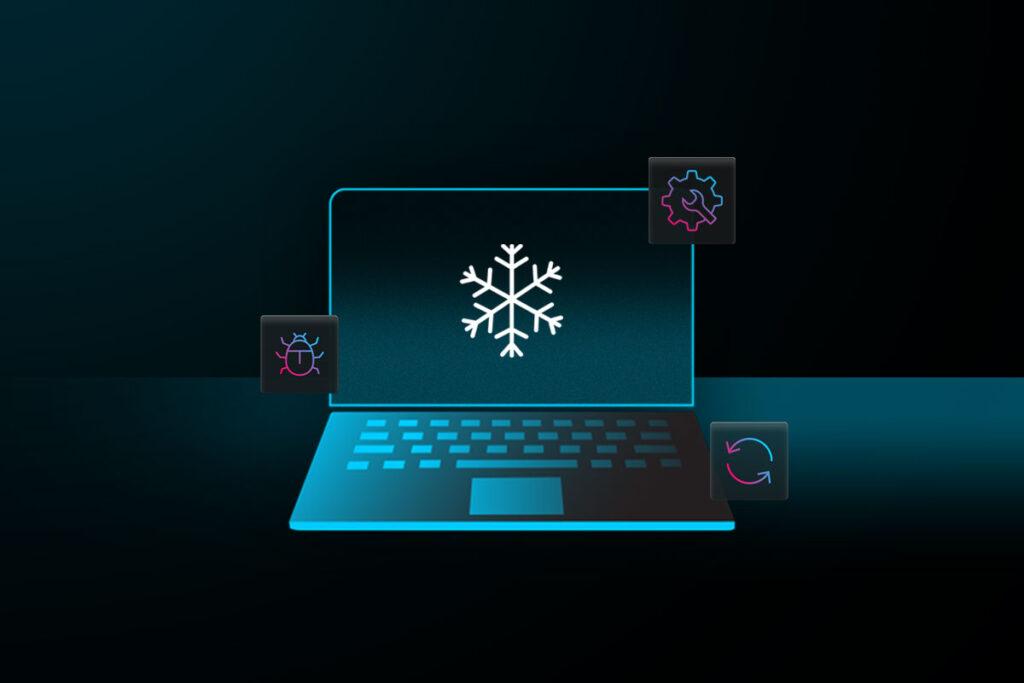
Restart the system and check if the issue repeats. If it does, use tools like Event Viewer to find error logs or take your computer to a technician for help.
Is Your Computer Overheating?
If your computer is overheating, it may run slow, freeze, or shut down to protect itself. Check if the fans are working properly and clean out any dust from the vents. Keep your computer in a cool place with good airflow.
Utilize tools to monitor the temperatures of your CPU and GPU. Avoid running too many programs at once. If the problem continues, consider replacing the thermal paste or getting professional help to prevent damage.
How To Find Out What Crashed?
It shows details about the crash. Check CPU or GPU temperatures to look for overheating issues. Update your drivers and scan for malware.
If an app or game caused the collision, restart your computer and test it again. You can also use diagnostic tools to check hardware like RAM or storage.
Read Also: Linux Update Command For GPU – Update GPU On Linux!
What are the possible causes of GPU Crashing?
A GPU crash can happen for many reasons. Common causes include overheating due to poor cooling, outdated or faulty drivers, or hardware problems. Running heavy apps or games beyond the GPU’s capacity can cause crashes.
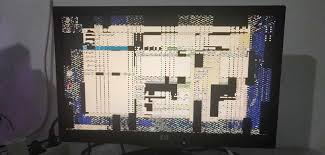
Power supply issues, malware, or corrupted files might be to blame. Check for proper ventilation, update drivers, and scan for viruses. Confirm that your GPU works well with your system.
Overheating:
Overheating happens when your computer parts, like the CPU or GPU, get too hot. This can cause slow performance, freezing, or shutdowns.
Common reasons include dust, blocked vents, or heavy usage. Clean the system, improve airflow, and check fans to prevent overheating and protect your computer.
Driver issues:
This can cause crashes, slow performance, or devices not working. Fix it by updating drivers, uninstalling faulty ones, or reinstalling them. Keeping drivers updated helps your computer run smoothly without problems.
Power supply problems:
Power supply problems happen when your computer doesn’t get enough power or the supply is faulty. This can cause crashes, freezing, or random shutdowns.
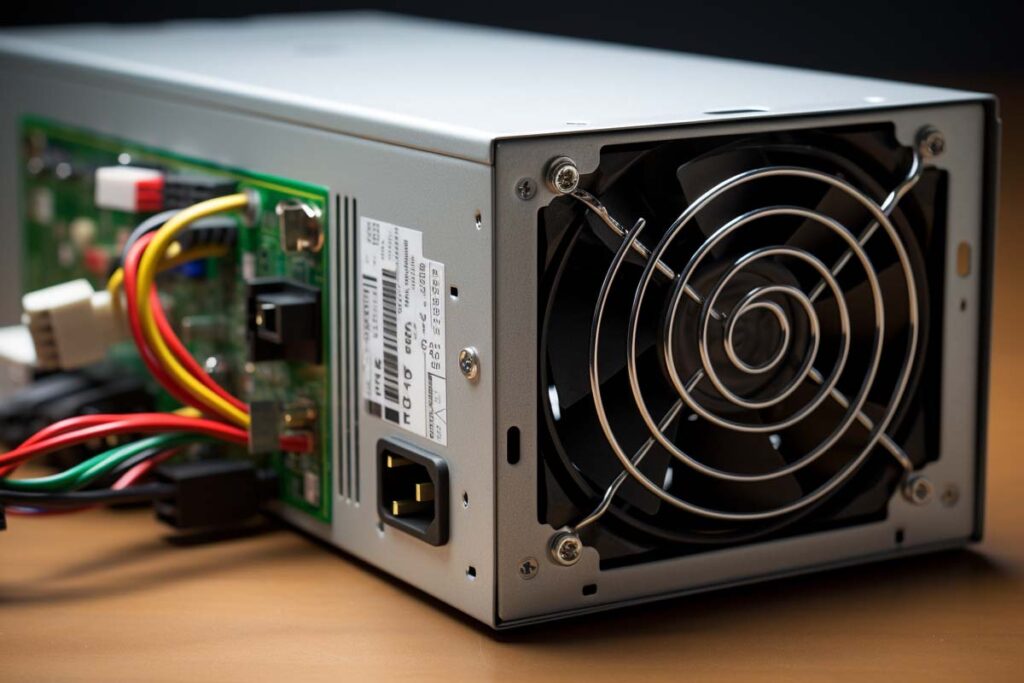
Check if the power cables are connected well and if the supply matches your system’s needs. Replace it if it’s damaged or not working properly.
Software conflicts:
Software conflicts happen when two programs or drivers don’t work well together. This can cause your computer to crash, freeze, or run slow.
Fix it by closing unnecessary programs, updating software, or uninstalling the conflicting apps. Reboot your computer to see if the issue is resolved.
Read Also: Tom’s Hardware GPU Hierarchy – Discover the best!
GPU keeps crashing or freezing in Windows PC
If your GPU keeps crashing or freezing in Windows, it could be due to overheating, outdated drivers, or hardware issues.
Try updating your GPU drivers, checking for overheating, and ensuring proper airflow. You can also run a system scan for errors or reinstall the GPU drivers to fix the problem.
Avoid Overclocking:
Avoid overclocking because it makes your computer parts work harder than they should. This can cause overheating, crashes, or damage to your hardware.
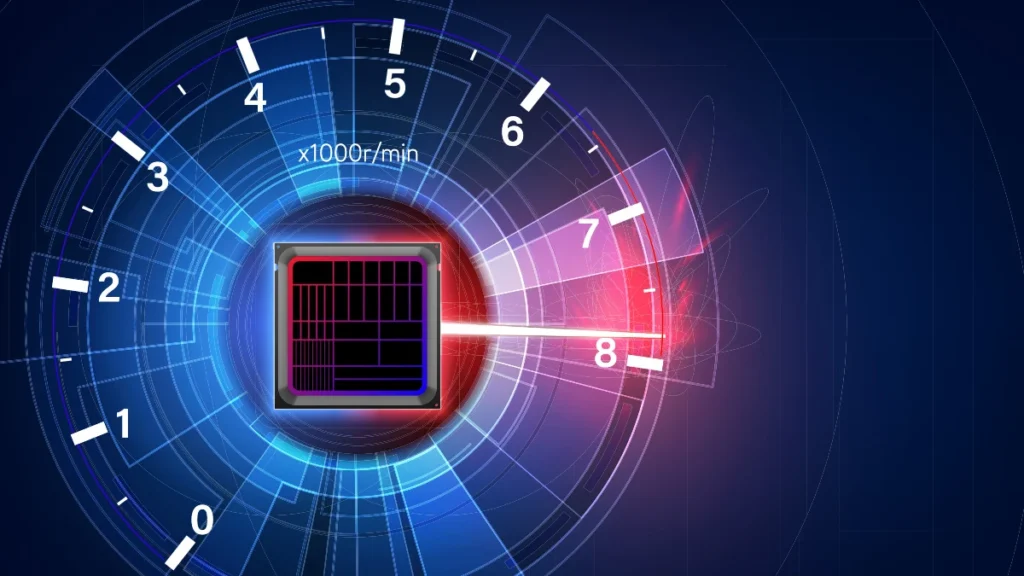
While overclocking may increase speed, it risks stability and long-term damage. Keep your system at default settings to ensure better performance and safety.
Check and Clean the GPU:
Check and clean your GPU to prevent overheating. Dust can block airflow and cause the GPU to get too hot.
Turn off your computer, open the case, and carefully remove dust using compressed air. Clean the fans and vents to keep the GPU cool and working properly.
Update or Reinstall the Driver:
Updating or reinstalling the driver can fix many GPU problems. Drivers help your computer and GPU work together. Go to the device manager, find your GPU, and update the driver.
If issues continue, uninstall and reinstall the driver to ensure everything works correctly.
Update BIOS:
Updating the BIOS can help fix system issues and improve hardware performance. Visit your motherboard’s website to find the latest BIOS version.
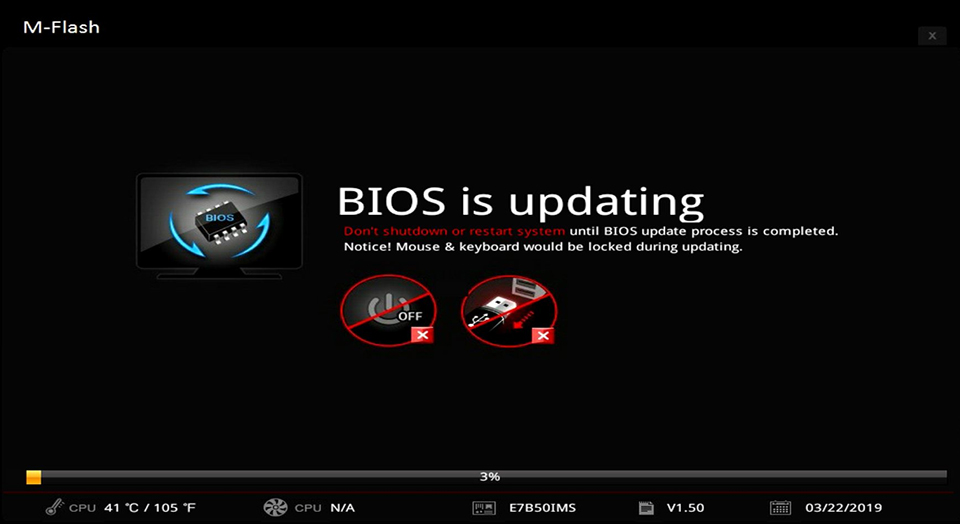
Follow the instructions carefully to update it. This process can fix bugs and improve compatibility, but back up your data before updating.
Ensure proper Ventilation for the PC:
Place your PC in a cool, open space to ensure proper ventilation. Keep vents clear of dust and obstacles. Use fans to improve airflow and prevent overheating.
Good ventilation helps your computer run smoothly and protects the hardware from damage caused by high temperatures.
Read Also: Task Manager Performance Shows Old GPU – Update Drivers!
Check and Replace the Power Supply if Necessary:
Check your power supply to ensure enough power for your PC. If the computer crashes, freezes, or won’t start, the power supply could be the problem. If it’s faulty or old, replace it with a new one to keep your system running smoothly.
Check for Software Conflicts:
Check for software conflicts by looking for programs that may not work well together. This can cause crashes or slow performance.

Close unnecessary apps, update all software and uninstall any programs causing problems. Reboot your system to check if the problem is resolved.
Troubleshooting Software That Freezes Your PC
If software is freezing your PC, try closing unnecessary programs. Make sure the software is the latest version or reinstall it. Perform a virus scan to eliminate any malware. Make sure your system has enough memory and storage space.
If the problem continues, update your drivers or contact support for help. Restart your PC and see if the issue is fixed after these steps.
Try Rebooting in Safe Mode – Ultimately Guide!
Rebooting in Safe Mode helps fix issues by starting your computer with only basic programs. To do this, restart your PC and press F8 (or follow the instructions for your system) before Windows loads.
This can help identify if software or drivers are causing the problem. Once in Safe Mode, you can uninstall problematic programs or update drivers to resolve the issue. Restart normally after troubleshooting.
Is Bad RAM Making Your PC Freeze?
Bad RAM can cause your PC to freeze. Damaged memory makes it hard for your computer to run programs or open files, leading to freezes.

You can check your RAM using tools like Windows Memory Diagnostic. If it finds errors, replacing the faulty RAM will help fix the problem and improve performance.
When to Give Up on Repairing Your PC
You may need to give up on repairing your PC if the cost of repairs is higher than buying a new one, or if the damage is too severe, like a broken motherboard or CPU.
If your PC is outdated and can’t handle modern software, it might be time to replace it. Also, if repeated repairs don’t solve the problem, replacing the system could be the best option.
Frequently Asked Questions:
1. How do I check my GPU health?
To check your GPU health, use software like MSI Afterburner or GPU-Z to monitor temperature, usage, and performance. Check for overheating, high fan speeds, or errors. You can also run stress tests to see how well the GPU performs under load.
2. Can a faulty GPU cause a PC to freeze?
Yes, a faulty GPU can cause your PC to freeze. If the graphics card is damaged or overheated, it may cause crashes, slow performance, or freezing. Updating drivers or replacing the GPU can help fix these issues.
3. Why does my computer keep overheating and freezing?
Your computer may overheat and freeze due to poor ventilation, dust buildup, or heavy usage. Check the fans, clean the dust, and ensure proper airflow. If the problem continues, check for hardware issues or update drivers to improve performance.
4. How to reset GPU?
To reset your GPU, press Win + Ctrl + Shift + B on your keyboard. This restarts the graphics driver. For a full reset, uninstall and reinstall the GPU driver using software like Device Manager or official tools.
5. Can overheating a GPU cause freeze?
Yes, overheating a GPU can cause your computer to freeze. High temperatures make the GPU unstable, leading to crashes or freezing. Ensure proper cooling by cleaning fans, improving airflow, and checking the GPU’s temperature regularly to avoid overheating.
6. Can overheating GPU cause the crash?
Yes, an overheating GPU can cause crashes. When it gets too hot, the system may shut down or crash to protect the hardware. Keep the GPU cool by cleaning fans, ensuring airflow, and checking temperatures regularly.
Conclusion
In conclusion, Overheating GPUs can cause your computer to freeze, crash, or slow down, risking hardware damage.
Regularly clean your system, ensure proper ventilation, and update drivers to prevent overheating. Taking these steps will keep your PC running smoothly and safely.